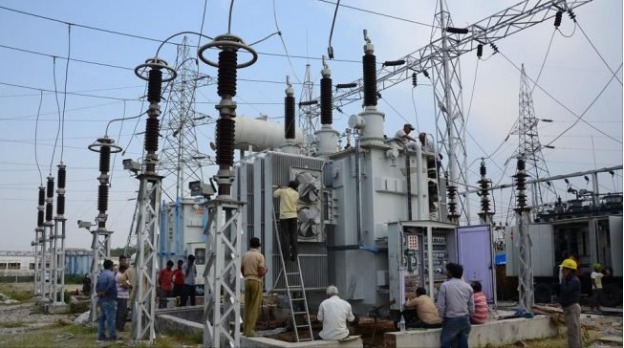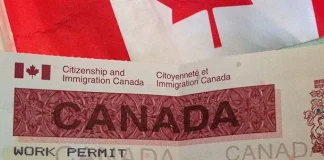Lagos State is attempting to rewrite the rules of Nigeria’s power sector by developing an independent power project (IPP) programme, based on both pipeline gas and liquefied natural gas (LNG), that would also lead to the creation of its own mini grid within the national grid structure.
The state envisages some 3 gigawatts (GW) of new gas-fired power capacity being deployed in the next three-to-five years, building on the 900 megawatts it already takes from the national grid.
To achieve this, it wants to sanction the construction of 10 IPPs at strategic locations around the state, selling on the power at what will be “cost-reflective” tariffs, according to Wale Oluwo, the state’s commissioner for energy and mineral resources.
Aside from well-financed commercial consumers, this could present a challenge for the many Nigerian consumers who have grown accustomed to subsidised power—and even more so for those paying less or nothing via illegal connections.
But Oluwo is confident that Lagos can make private power investments work, despite the failure of a nationwide electricity sector privatisation launched earlier this decade to improve power provision in many parts of the country.
“We want to get the effects of cross-subsidy, so those that are poor pay a reasonable price, while richer customers pay much more,” he told Petroleum Economist at an Africa Power Roundtable held by DLO Energy in London last month.
Lagos plans to crack down harder on electricity theft by securing more prosecutions and imposing heavier fines.
Read more athttps://www.petroleum-economist.com/articles/politics-economics/africa/2018/lagos-eyes-lng-imports-to-launch-private-power-plan













